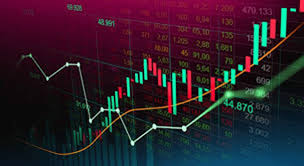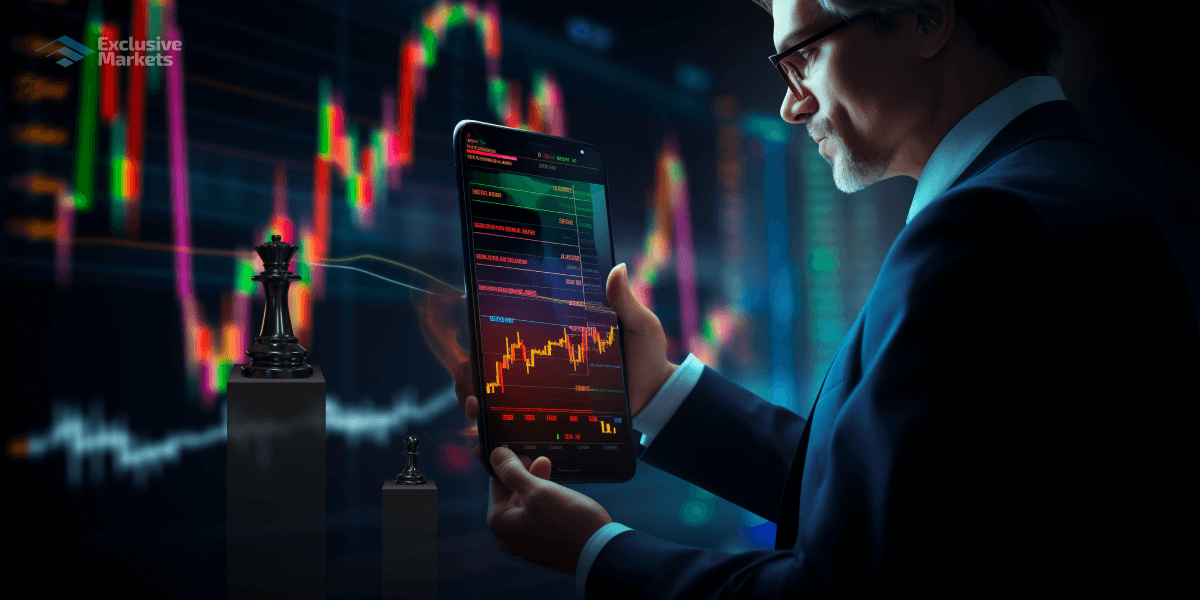
Unlocking the World of Demo Forex Trading: A Beginner’s Guide
If you’re new to the financial markets, demo forex trading Best Argentine Brokers provide an excellent starting point to explore trading without financial risk. One of the most crucial steps in learning how to trade forex is understanding demo accounts. In this article, we dive deep into the world of demo forex trading, discussing its benefits, how to use it effectively, and tips for transitioning to live trading. Let’s get started!
What is Demo Forex Trading?
Demo forex trading refers to the practice of trading forex using a simulated account, which allows traders to practice without risking real money. Forex brokers provide these demo accounts to help new traders learn how to navigate the trading platform while familiarizing themselves with market conditions and strategies. Using virtual currency, traders can place trades, analyze market data, and test various trading strategies in a structured environment.
Benefits of Demo Forex Trading
Demo trading offers numerous advantages for aspiring forex traders:
1. Risk-Free Learning
Perhaps the most significant benefit of demo trading is that it allows you to learn the ins and outs of forex trading without any financial risk. You can make mistakes and learn from them without losing real money.
2. Testing Strategies
A demo account is an excellent platform for testing different trading strategies. You can experiment with various approaches, analyze outcomes, and refine your methods without the pressure of real stakes.
3. Familiarity with Trading Platforms
Every forex broker has its trading platform, and these platforms can vary significantly in terms of features and functionalities. By using a demo account, you can become comfortable with your chosen broker’s platform, exploring its tools and capabilities before committing your funds.
4. Understanding Market Behaviour

Demo accounts help you to grasp market behavior and volatility. You can watch how economic releases and events impact currency prices and learn to react appropriately to these movements.
5. Building Confidence
Gaining experience through trading on a demo account can help build the confidence necessary for real trading. The more experience you have with various scenarios, the more at ease you will feel when you transition to live trading.
How to Start Demo Forex Trading
Getting started with demo forex trading is straightforward. Here’s a step-by-step guide:
Step 1: Choose a Forex Broker
Select a trusted forex broker that offers a demo account. Look for brokers that have positive reviews, quality customer service, and an easy-to-use trading platform. Notably, consider features like leverage options, currency pairs available, and educational resources.
Step 2: Register for a Demo Account
Create a demo account with the chosen broker. You’ll typically be required to provide basic information like your name, email address, and sometimes a phone number. After your account is set up, you will receive access credentials.
Step 3: Download or Access the Trading Platform
Many brokers provide web-based trading platforms that require no downloads. Others may offer downloadable software for your computer or mobile device. Log in to your account using the credentials provided.
Step 4: Start Trading
Once logged in, you can start trading with virtual money. Begin by navigating the platform, exploring its features, and placing trades. Take your time to learn, and don’t rush through the process.
Transitioning to Live Trading
After gaining sufficient experience from demo trading, you may wish to transition to live trading. Here are some tips to ensure a smooth transition:

1. Analyze Your Demo Trading Performance
Before moving to live trading, thoroughly analyze your performance on the demo account. Identify strengths and weaknesses in your trading strategies and adapt accordingly.
2. Start with a Small Investment
When you do transition to live trading, begin with a small amount of capital. This approach minimizes your risk as you adjust to the emotional aspects of trading real money.
3. Maintain a Trading Journal
Keep a journal of your trades to monitor progress. Document your decisions, emotions, and outcomes. This practice will help you identify patterns and improve your trading skills over time.
4. Keep Emotions in Check
Trading with real money can be emotionally taxing. Focus on maintaining a disciplined approach, avoiding impulsive decisions driven by fear or greed.
5. Continuous Learning
The forex market is ever-evolving, and continuous learning is crucial. Take advantage of webinars, online courses, and trading forums to expand your knowledge and skills.
Conclusion
Demo forex trading is an essential step for anyone looking to enter the forex market. It provides the opportunity to learn, experiment, and build confidence without financial risk. By taking the time to utilize a demo account effectively, you can equip yourself with the necessary skills and experience to transition into live trading successfully. Remember to choose a reputed broker, stay disciplined, and continuously seek knowledge as you embark on your trading journey.

